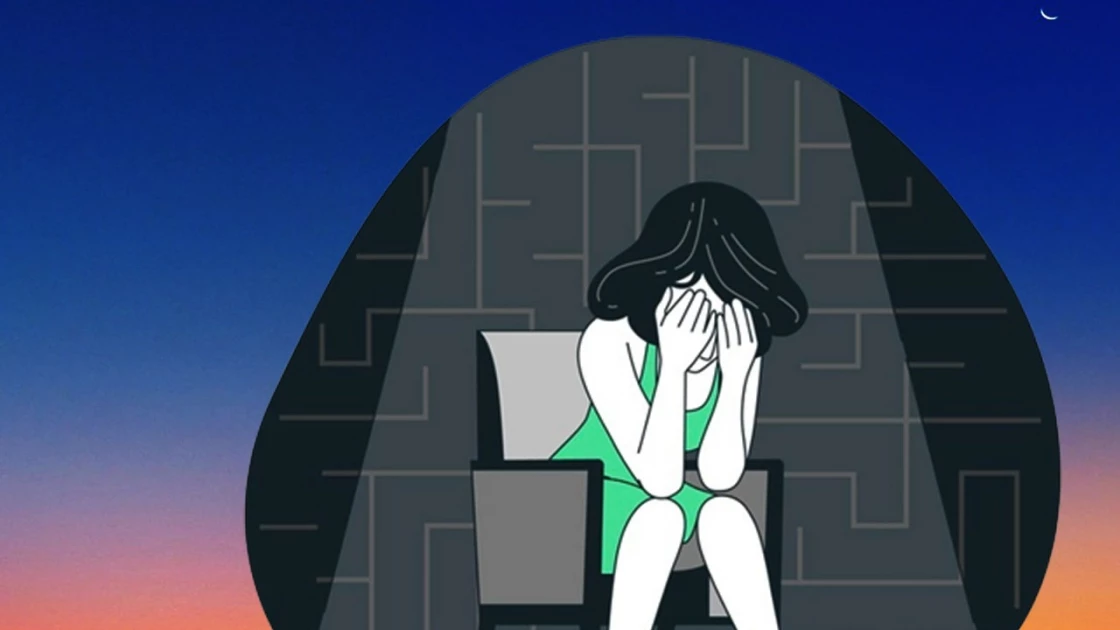Battling postpartum depression: Mother shares her journey


Audio By Vocalize
But the delight might be tempered with worries and challenges of taking care of the newborn. The burden of care for new mothers can lead to anxieties with some women developing a more extreme condition—postpartum depression.
It is a disorder that if not given medical attention can lead to extremes like postpartum psychosis that causes women to have thoughts of harming the baby and suicidal thoughts.
Lyndsey Kenneth, a mother of two is a postpartum depression survivor. Her smile radiates happiness of overcoming the mental disorder that crept into her life soon after delivering her second baby in 2016.
The signs that all was not well started when she delivered her first baby in 2014 but went undiagnosed, worsening the situation after her second delivery.
“I knew that things were not right when my baby was three months old. I put my baby on the couch and she fell…and I felt like I was the worst mother on the planet,” Lyndsey says.
And although she was already familiar with the emotional roller coaster that naturally comes with parenting—the sudden change in her mood caught her off guard.
“Postpartum depression is not written on anyone’s face…that you will get it. I did eventually get it and I would get moments where I would leave the house and not tell anybody and I would wish not to wake up.”
Postpartum depression is characterized by a wide range of emotions which can include excessive crying, feelings of irritability, anxiety, guilt, worthlessness among physical signs like having trouble sleeping, or not eating enough or eating too much.
“They will at some point withdraw from friends…eat too much in most cases and sleeping a lot or lack of sleep…those are the red flags that once noticed should be raised as soon as possible,” Christine Onyango, a counselor advices.
The triggers of the mental disorder can vary, experts say the main contributor is poor psychosocial support.
“I felt abandoned, I felt cold..I felt the world has forgotten me…and it was the beginning of what I felt as too much for my system,” Lyndsey recalls.
“Where a mother has minimal or limited social support can make the mother get into not just the depression now but psychotic episodes,” Dr. Michael Njeru, a clinical psychologist says.
According to Dr. Yusuf Adam Khalil, a gynecologist postpartum depression is the most severe form of mental health after delivery that is treated as a medical emergency.
“It is an emergency because there’s risk of harm to the woman and to the baby. Once this is detected we involve the psychiatrist.”
Lyndsey was however lucky to have a support system in her family that her case didn’t escalate to having thoughts of harming her baby. She mainly struggled with suicidal thoughts, an issue she could not understand.
“Nobody knew what I was going through until when my husband came with a newspaper clipping and I saw a lady who had died by suicide and the things her husband listed the symptoms I realized were exactly what I was going through.”
Dr Njeru says medication and counseling is important, also involving family members to make them understand what is happening to the mother.
Health experts estimate that postpartum depression arises in more than 1 in 10 women up to two years after childbirth. The range of disorders associated with childbirth include, postpartum anxiety, postpartum blues, postpartum depression and postpartum psychosis.


Leave a Comment